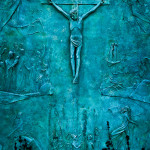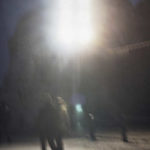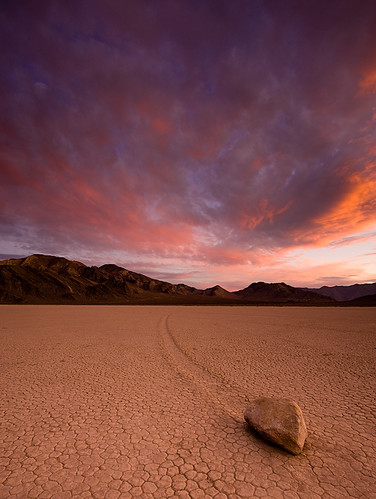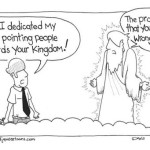We run our website the way we wished the whole internet worked: we provide high quality original content with no ads. We are funded solely by your direct support. Please consider supporting this project.
In the Wilderness of Religion
Eric Bryan via Compfight
There are an awful lot of us in the Church today who are no longer feeling at home in Evangelicalism. Regardless of how you feel about World Vision’s hiring policy decisions, the spectacle of thousands of people discontinuing their child sponsorships (relationships with flesh and blood children in need) because of a theological disagreement left many of us aghast. Is this what American consumerism has done to our faith?
Ed Cyzewski wrote a blog entitled We Know Where to Find Jesus, But What If We Don’t Want to Go There? If you’re feeling like you’re wandering in the wilderness of religion, it might comfort you to know that the wilderness can be a holy place.
From Ed’s blog post:
The riddle of Jesus was as confounding to John as it would be for us today. There’s no doubt that many Christians today would struggle to believe in and follow a religious “leader” like Jesus who wasn’t married, didn’t have a large following, and never assumed any kind of official office or put together an organization/denomination.
Jesus wasn’t organized, systematized, or influential according to our own terms. While he had a certain amount of authority and clout because of his powerful teachings and miracles, he never took on a formal position. That latter point made no sense to John.
I was reminded of these lessons about John from my book Unfollowers when I read a post by Sarah Bessey over the weekend. Sarah gives evangelicals “permission” to step away from labels, traditions, and positions for a season in order to grieve and to rediscover what following Jesus may look like for them. Everything in her post resonates with my own experiences in evangelicalism: the need to grieve its worst parts, the desire for distance and space, and the reassembling of my faith out in the wilderness apart from religious structures.
We don’t get to remake faith according to our own terms. We can only seek out Jesus wherever he may be found, and as the story of John the Baptist teaches us, Jesus spent a lot of time in the wilderness.
Category: General
Tags: Doubt, Ed Cyzewski, Evangelism, Faith, Jesus, Religion, Religious Idolatry, Sarah Bessey, World Vision
Related Reading

Quotes to Chew on: How First Century Jews Came to Worship a Man
“Legends do not generally arise in contradiction to fundamental convictions held by the culture of those who create and embrace them. Yet if the Jesus story is largely a fictitious legend, this is exactly what we must suppose happened. We submit that the initial historical implausibility of this supposition should be enough for us seriously…

Is Jesus Really God?
While it is true that Jesus Himself never comes out and explicitly says He is God in the Gospels, He is everywhere portrayed in terms that lead us to conclude to the same thing. He says things like “If you see Me, you see the Father,” “Honor Me even as you honor the Father,” and…

Eye for Eye: That Time Jesus Refuted An Old Testament Teaching
One of the most surprising aspects of Jesus’ teaching is that, while he clearly shared his contemporaries’ view of the Old Testament as inspired by God, he was nevertheless not afraid of repudiating it when he felt led by his Father to do so (Jn. 8:28; 12:49-50; 14:31). For example, while the OT commands people…

The Holy Alternative
God is holy because he’s utterly “other” and distinct from anything in the created world. Certain objects are called holy because they’re set apart from common objects, having been consecrated to God for a special purpose. And God’s people are called to be holy by virtue of the radically different kind of life we live.…

Part 2: Disarming Flood’s Case Against Biblical Infallibility
Image by humancarbine via Flickr In this second part of my review of Disarming Scripture I will begin to address its strengths and weakness. [Click here for Part 1] There is a great deal in Disarming Scripture that I appreciate. Perhaps the most significant thing is that Flood fully grasps, and effectively communicates, the truth that…


